Climate Emergency- Help!
On 24th November 2020 Hannah posted in Events, News, Uncategorised
Aside from having the luxury of not having to present at a conference for once, attending the online Climate Emergency Conference was a real treat! It was inspiring to hear about so many people working together to help the UK reach its Carbon Zero target. From Councils to activists, farmers to consumers, we all have our role to play.
Continue reading…Tackling Odour Pollution in Southall and Hayes
On 27th October 2020 Perrine Machuel posted in Featured, News, Projects
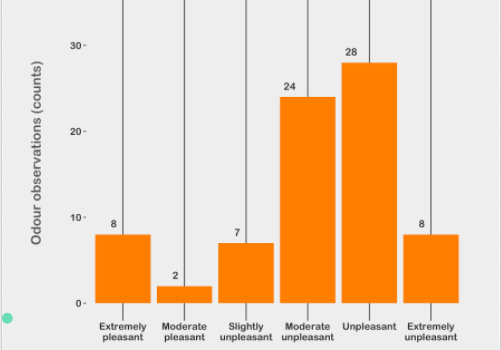
In 2018, residents in Southall and Hayes, West London, started a campaign calling for authorities to tackle air and odour pollution occurring during the redevelopment of a former gas site in the area. The campaign Clean Air for Southall and Hayes (CASH) aims to raise awareness and create momentum to take action about the air and odour issues that residents are facing.
Continue reading…Our first online ECSA conference
On 11th September 2020 Maria posted in Events, News

It’s always a pleasure to meet the global citizen science community, the most participative and critical-spirit of all! To be honest, we had our doubts about how engaging a 5-day online conference would be. Now, we can only be grateful for the tremendous effort the ECSA team has made to adapt the format to the current COVID restrictions.
Continue reading…Webinar content now available!
On 17th August 2020 Hannah posted in Events, News, Training
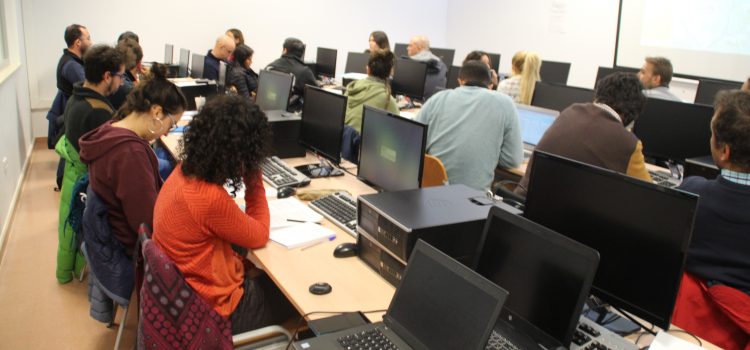
In July, Mapping for Change held a webinar to invite local authorities and other environment professionals to consider citizen science as a cost effective way to support environmental monitoring and community engagement.
Continue reading…Webinar – Incorporating Citizen Science into Environmental Monitoring
On 10th July 2020 Maria posted in Events, News, Training, Uncategorised
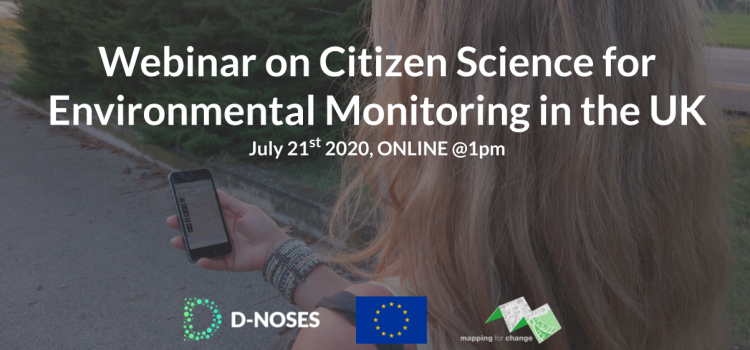
In the line of our previous post, we’re still exploring alternative ways to do our bit in difficult times. Today, we’d like share some of the learnings from 12 years worth of experience in using citizen science for environmental monitoring.
Continue reading…Engagement during the lockdown
On 29th April 2020 Hannah posted in Uncategorised
Admittedly, community engagement and extreme citizen science aren’t easy tasks while socially distancing. Sadly therefore, some of our research projects have been temporarily put on the back burner. However, we are still achieving great things in isolation.

Kampala NOSES
On 25th March 2020 Louise posted in News, Projects, Training
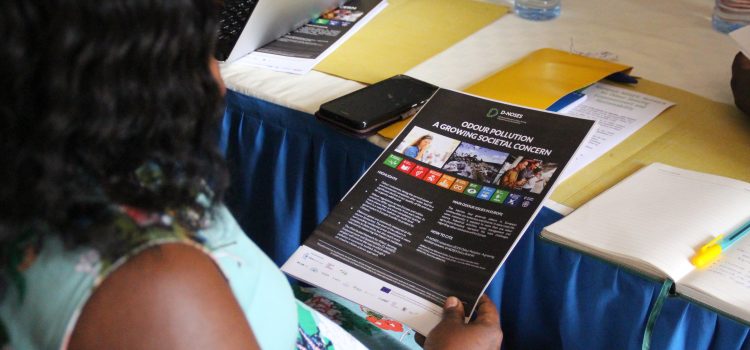
Before life as we knew it, was turned upside down, we spent a hectic February running a series of events and activities to launch the Kampala NOSES project in Uganda.
Odour pollution, is a worldwide problem which causes distress for many communities, yet it is currently under-regulated and does not achieve the attention it deserves.
Citizen science to support natural resources management in Andalusia
On Maria posted in News, Training
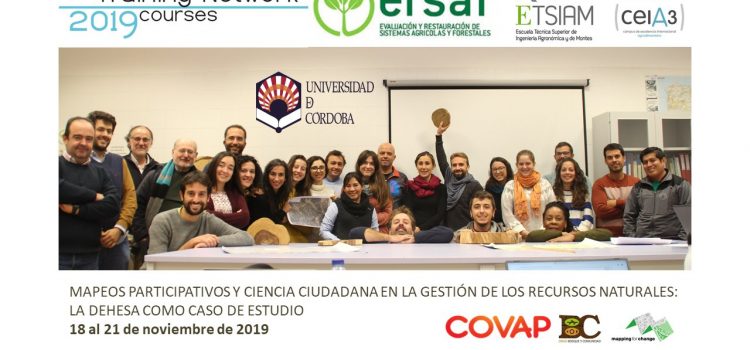
Despite the variety and number of citizen science projects existing across the globe, there is a gap in the use of citizen science methodologies for natural resources management in the global North. Having identified this, we developed and delivered the first ever course on this topic, organised by the Department of Forest Engineering at the University of Córdoba, Spain.
Continue reading…Fishing where the fish are…
On 3rd March 2020 Maria posted in Projects
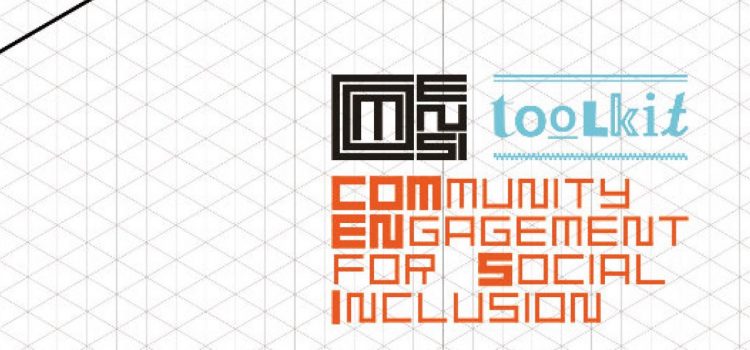
For the past year and a half, we have been researching, designing and testing different ways to engage more people than the ‘usual suspects’ in civic actions, within the framework of COMENSI (Erasmus+ project).
Continue reading…Seeking out noses in the Royal Docks
On 14th February 2020 Hannah posted in News, Projects
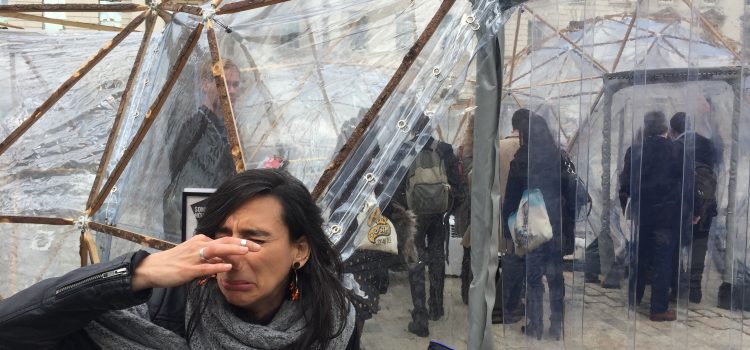
Mapping for Change is looking for residents or visitors around the Royal Docks, London to participate in a pioneering project about odour pollution in the area. Odour issues are often neglected, despite being the second cause of environmental complaints after noise. Nevertheless, citizens do not necessarily have the means to effectively tackle such issues, as policy regulations can be inefficient.
Continue reading…